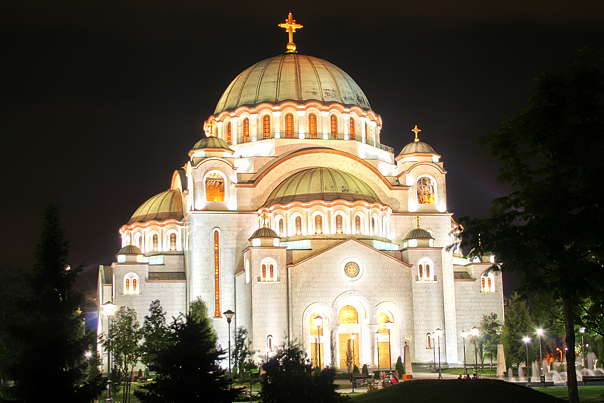
Bennett Briggs
The southeastern European country of Serbia is approximately 85% Serbian Orthodox, 5% Roman Catholic, 3% Muslim, and 1% Protestant. The remaining 6% includes a variety of smaller denominations as well as those who profess no religion.
The constitution and other laws and policies grant a great deal of religious freedom to citizens, but also place some restrictions on religion. These restrictions stem from the law’s special treatment of the seven “traditional” religions. Approximately 94% of the population belongs to the following seven religious groups that are defined as “traditional” by the government and which are automatically given a place in the Register of Churches and Religious Communities: the Serbian Orthodox Church, Roman Catholic Church, Slovak Evangelical Church, Reformed Christian Church, Evangelical Christian Church, the Islamic community, and the Jewish community. Besides the seven “traditional” religions, there are 17 other registered religions in Serbia.
In order to register as a religious entity, the group members’ names, identity numbers, and signatures are required. Additionally, it must be proven that the religious group has at least 100 members. Finally, the group’s statutes and a summary of its religious teachings, ceremonies, religious goals, basic activities, and information on sources of funding are required. Although registration is not mandatory for religious groups and is somewhat time-consuming and cumbersome, unregistered groups have difficulty opening bank accounts, purchasing or selling property, and publishing literature. The law also grants tax refunds and property tax exemptions to registered religious groups.
Laws are in place which ban speech that incites discrimination, hatred, or violence against an individual or group on religious grounds and sometimes escalate to a criminal offense of “religious hatred” which can carry a penalty of one to ten years in prison, depending on the offense and the severity.